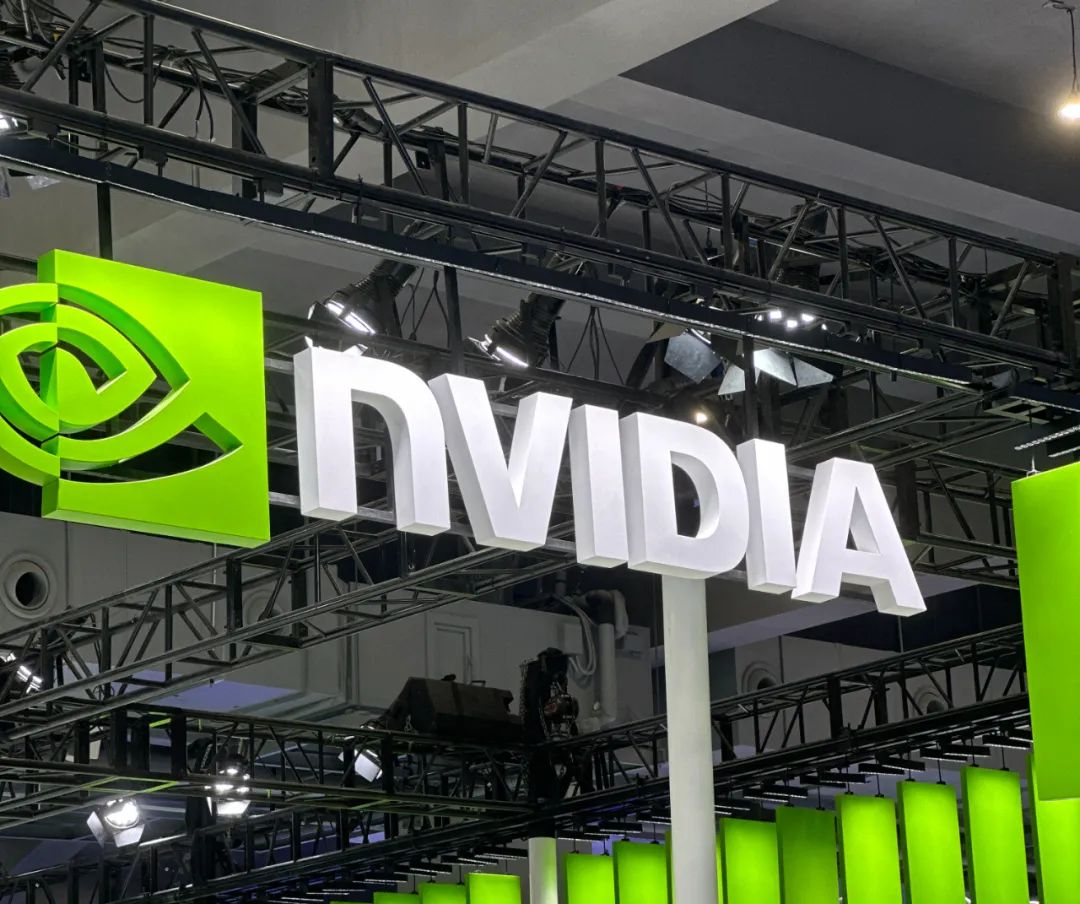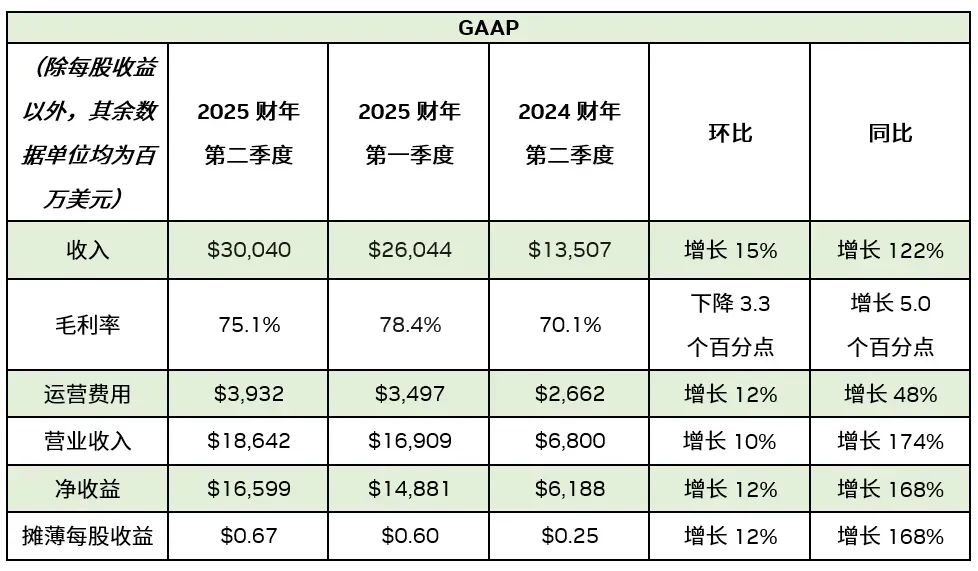NVIDIA: The Winner in the Era of Generative AI, Market Cap Exceeds Apple Again to Become the Highest in the World
![]() 11/06 2024
11/06 2024
![]() 486
486
By Yang Jianyong
NVIDIA's market cap has once again surpassed Apple's, becoming the company with the highest market cap in the world, currently at a staggering $3.43 trillion (approximately RMB 24.45 trillion). Undoubtedly, in the era of generative AI, NVIDIA is undoubtedly the biggest winner, not only experiencing exponential revenue growth but also soaring in the capital market, making it the strongest stock on the planet. This is attributed to investors' optimistic outlook on the commercial prospects of AI.

Notably, the current $3 trillion market cap club members include NVIDIA, Apple, and Microsoft. Their market caps are $3.43 trillion, $3.38 trillion, and $3.06 trillion, respectively, with a cumulative market cap of $9.87 trillion (approximately RMB 70.35 trillion) for these three tech giants, a scale comparable to the total market cap of Shanghai and Shenzhen stock exchanges.
It should be pointed out that the wave of generative AI is a significant driver of technological development, and NVIDIA is at the heart of this major technological advancement, playing a crucial role in AI applications across various fields. At the same time, all sectors (whether tech giants or startups) rely on NVIDIA's high-performance chips for developing large AI models.
It's no exaggeration to say that the strength of a company's AI large model ultimately boils down to how many NVIDIA cards they possess.
Just the investment in AI by the four tech giants Meta, Google, Microsoft, and Amazon alone amounts to $200 billion, as they compete to acquire scarce NVIDIA chips to enhance their AI capabilities.
As tech giants embark on a "buy, buy, buy" spree, NVIDIA's chips are in short supply, and its performance is off the charts.
In the second quarter of fiscal year 2025 (ending July 28, 2024), NVIDIA reported revenue of $30 billion, setting a new record high and increasing by 122% year-on-year, with revenue doubling.

Interestingly, companies selling large models have failed to profit from them, with major model companies like OpenAI struggling to make ends meet. The real moneymaker from large models is NVIDIA, the "shovel seller," who is raking in the profits. In fiscal year 2024, NVIDIA's net profit reached $29.76 billion. In the latest fiscal quarter (ending July 28, 2024), net profit was $16.6 billion, a year-on-year increase of 168%.
Selling computing power is currently the only AI business that can make substantial profits. Meanwhile, whether in terms of revenue or market cap, NVIDIA is the world's largest chip company.
In the era of generative AI, NVIDIA's success is no coincidence. When the world's first GPU was introduced in 1999, it garnered attention mainly from core PC gamers and tech enthusiasts but laid the foundation for today's generative AI. It's worth mentioning that GPUs have the potential for breakthroughs beyond the gaming world, offering immense computational potential in AI.
As early as 2011, researchers from Google, Stanford University, and New York University began using NVIDIA's GPUs to accelerate AI development, achieving performance that was previously only possible with supercomputers. By 2022, the launch of ChatGPT demonstrated the transformative power of NVIDIA GPUs in driving generative AI change.
Today, GPUs are not only prominent in the gaming world but have become a cornerstone of technological development. As a leading GPU company, NVIDIA has accumulated extensive technology and experience in the AI field, with its GPU products offering powerful parallel computing capabilities that provide robust computational support for AI technologies such as deep learning.
With the rise of generative AI technology, NVIDIA has seized this market opportunity and achieved rapid growth in market capitalization by leveraging its absolute advantage in the GPU field. Of course, as the capital market continues to climb, there is debate about whether there is a bubble.
Although NVIDIA's AI chips are in high demand driven by large AI models, there are significant risks to maintaining high growth. Notably, the guidance for the next fiscal quarter fell short of optimistic expectations, leading some investors to take profits on the high stock price.
However, to enhance their competitiveness in the era of generative AI, tech giants will continue to spend billions of dollars to purchase and stockpile NVIDIA's high-end chips. For NVIDIA, developing even higher-performance chips to meet the demands of large AI models, including chips with the next-generation Blackwell architecture, will be crucial to remaining the strongest AI chip provider.
It is understood that this chip is currently in mass production. NVIDIA CEO Jen-Hsun Huang recently stated that the latest generation of AI chips, Blackwell, is facing strong demand. Analysts from Morgan Stanley estimate that NVIDIA will produce 450,000 Blackwell AI GPUs in Q4, potentially generating over $10 billion in revenue.
Finally, generative AI is further propelling the development of artificial intelligence, reshaping various industries, and creating enormous commercial value, with notable performance in areas such as customer experience, efficiency enhancement, rapid decision-making, and creative innovation.
As the potential demand for AI continues to unfold, industries are undergoing a platform transformation from general computing to accelerated computing and generative AI, significantly increasing the demand for computing power and unlocking new growth opportunities for chip manufacturers.
Yang Jianyong is a Forbes China contributor, and his views represent his personal opinions. He is dedicated to providing in-depth insights into cutting-edge technologies such as the Internet of Things, cloud services, artificial intelligence, and smart homes.






